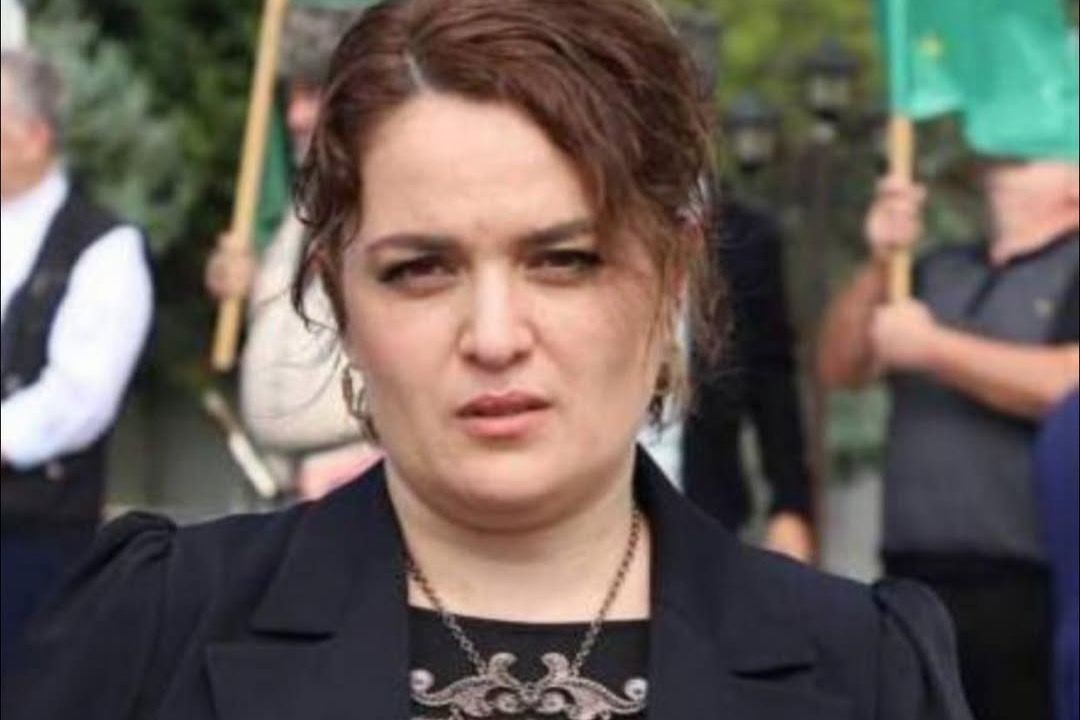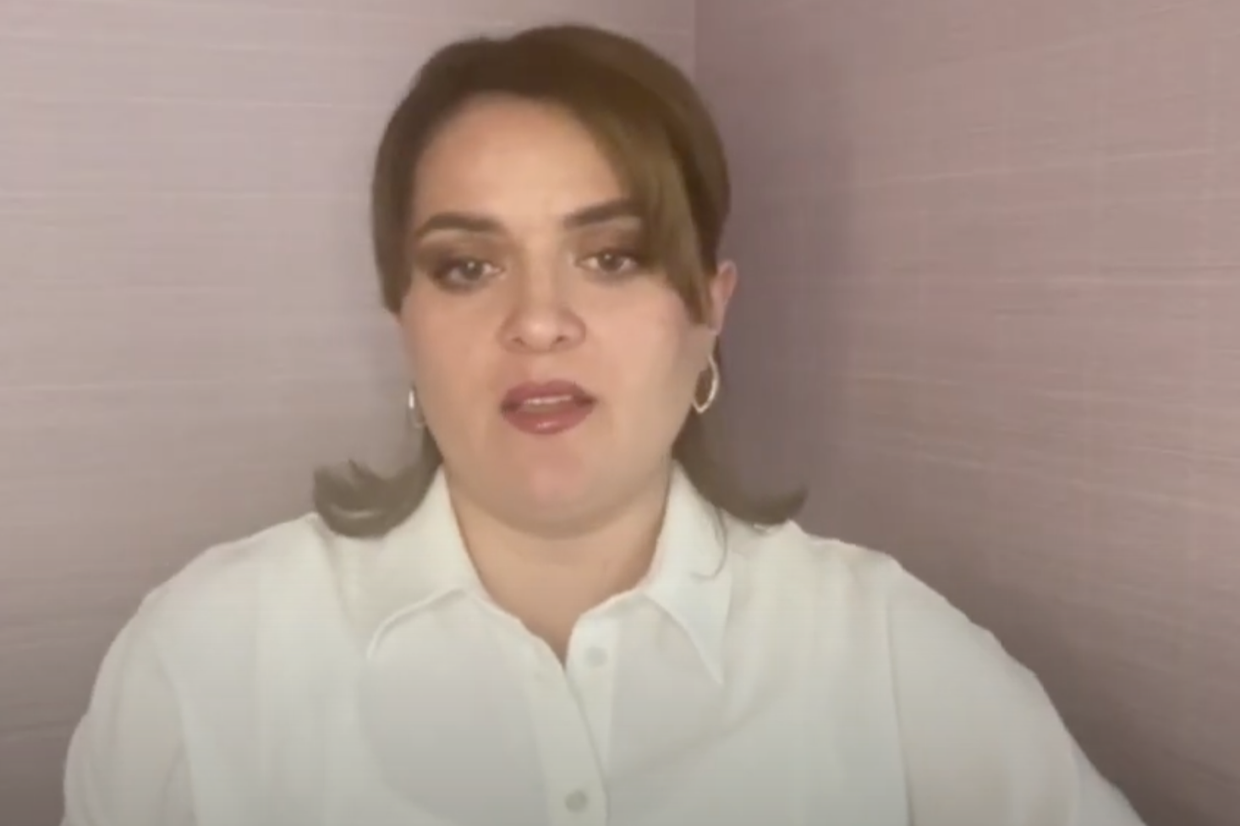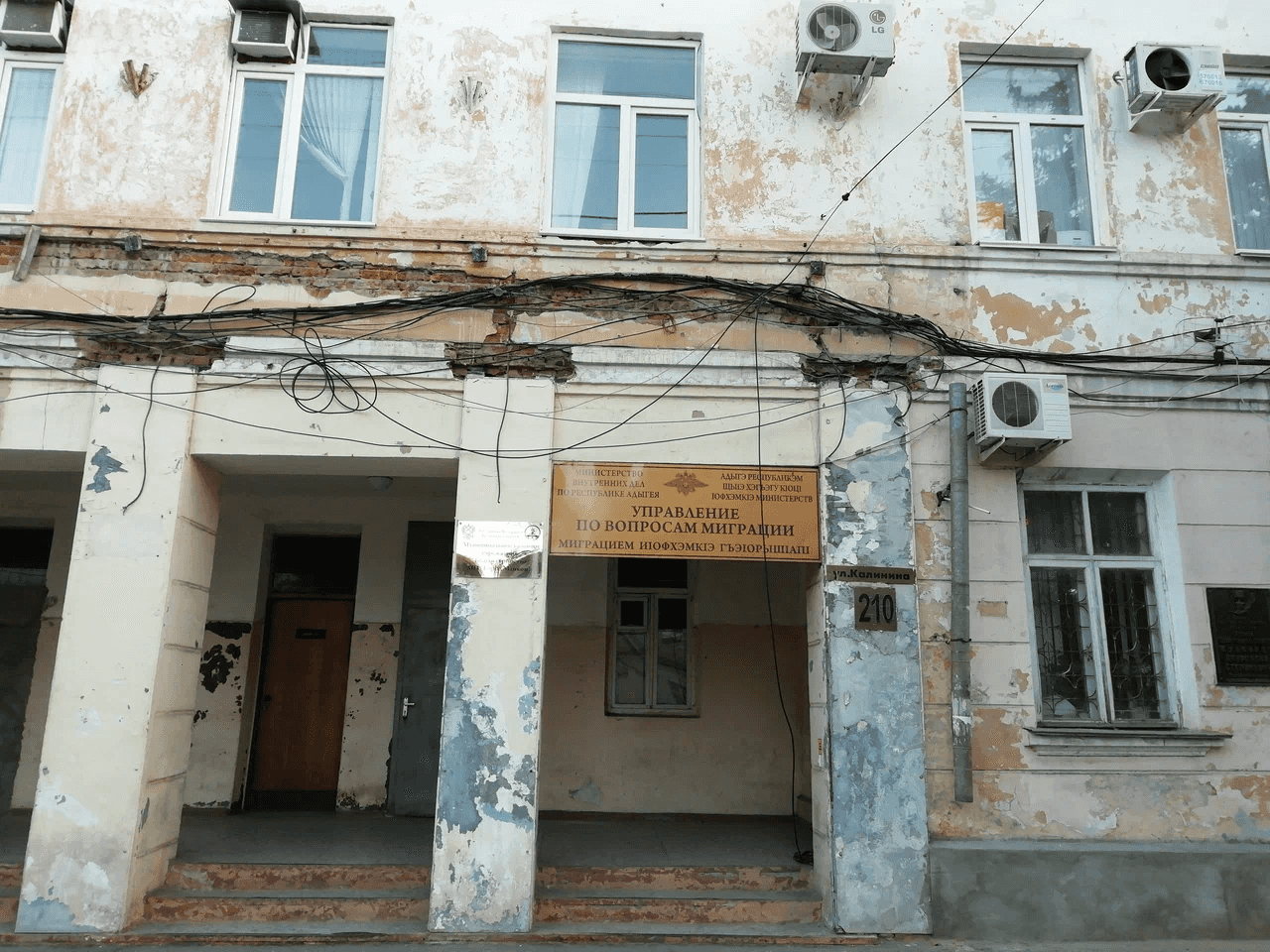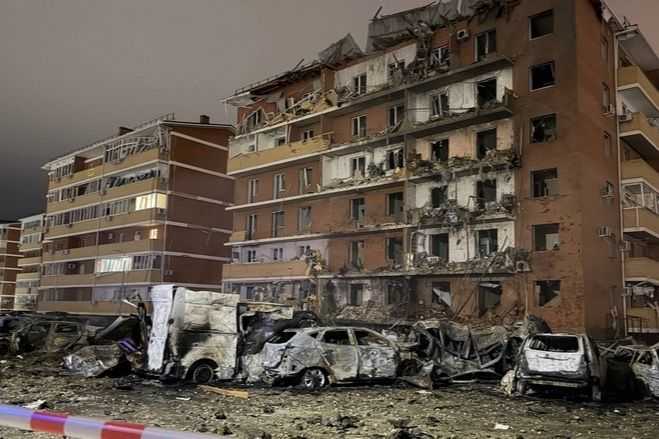
Journalist and Circassian cultural activist Larisa Tuptsokova has said that Russian police have questioned her relatives and searched her parents’ house in Adygea. Tuptsokova is under an extremism investigation in absentia.
Tuptsokova, who has resided outside of Russia for 13 years, stated that the police searched her family home in Adygea in a Facebook post published on Tuesday.
‘Investigative actions in my criminal case are continuing without my participation. My relatives are being questioned, and searches are taking place at my parents’ house (where, by the way, I have not lived for 13 years). I learn bits and pieces over the phone that the law enforcement authorities are working tirelessly’, the journalist wrote.
She added that on 21 October she received a letter from the Investigative Committee summoning her to be charged, dated 9 October.
‘That means I had no theoretical chance to find out what exactly I am being accused of’, she wrote. According to Tuptsokova, the letter bears the same date for both the outgoing number and the appearance date, which she described as ‘a gross procedural violation’.
Tuptsokova said she learned about the ongoing investigative activities from her relatives.
‘Apparently, the investigators decided it would be easier to sort things out without me. For my part, I can only continue documenting what is happening’, she wrote.
Earlier, Tuptsokova reported that a criminal case had been opened against her under the article on distributing extremist materials. She has claimed the case has been fabricated.
Tuptsokova believes the prosecution is connected with her activities and publications, including the social media-based project Circassian Media, which covers news from the Circassian diaspora, as well as Circassian linguistic and cultural issues.
Tuptsokova is a journalist, philologist, and teacher of the Circassian language, who has been based in Tbilisi for the past 14 years.
The article under which a criminal case has been initiated against her is frequently used in Russia against journalists, activists, and critics of the authorities. According to human rights organisations, charges under this article are often brought without sufficient public evidence. In a number of cases, courts have sentenced people to lengthy prison terms for publications and reposts of materials deemed ‘extremist’.











